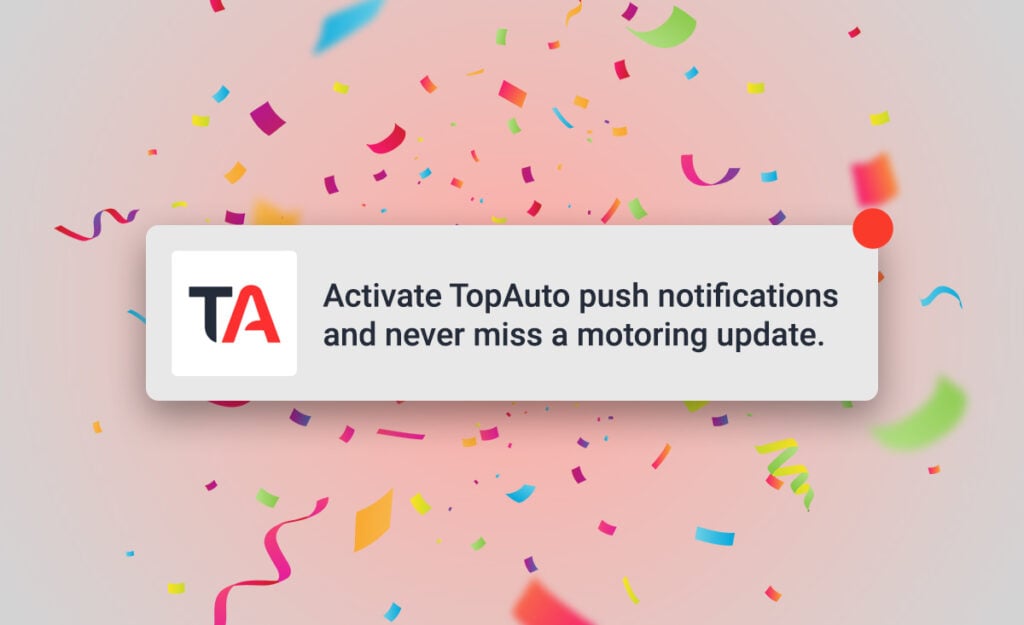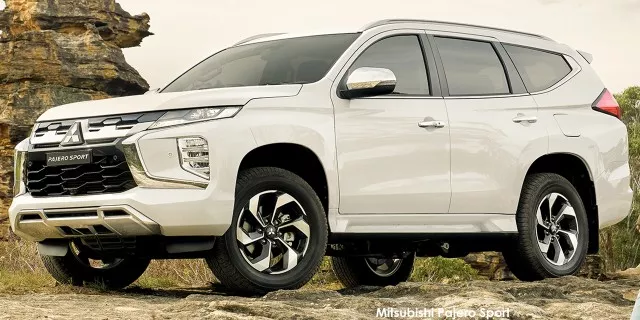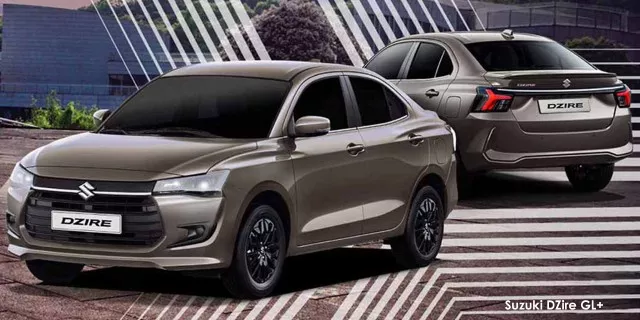
Petrol stations have been warned that they will face severe consequences if they are caught selling “dirty fuel.”
This message was issued by Mikateko Mahlaule, chairperson of the Portfolio Committee on Mineral and Petroleum Resources, who stressed that contaminated fuel remains a serious concern affecting citizens and carmakers in South Africa.
Consequently, any forecourts that are found to be selling dirty fuel will not simply be issued a fine, but will be shut down entirely, he said.
Damaging the auto landscape
In an interview with SABC News, Mahlaule explained that the committee has formally requested the Department of Mineral and Petroleum Resources (DMPR) to close any petrol or diesel stations found guilty of selling contaminated fuels.
He stressed that fines would not be enough of a deterrent and that urgent action is needed to counteract this problem.
“This is because they are damaging vehicles, tractors, or whatever is at the receiving end. They are damaging those things, and we are saying it’s unprofessional and a threat to business to do that,” he said.
The practice of selling bad fuel mostly applies to diesel, where unscrupulous forecourts have been found diluting their diesel with paraffin and other cheaper substances while charging normal retail prices.
Paraffin is subject to fewer taxes and levies than other types of fuel, making it roughly R6 per litre cheaper than diesel.
Station owners have, therefore, started mixing paraffin into their diesel to rip off customers with diluted fuel while pocketing the savings.
These diluted fuels can have a catastrophic effect on a car’s engine as they do not combust properly and fail to provide adequate lubrication, leading to accelerated wear-and-tear problems that ultimately result in expensive repairs for unsuspecting customers.
“They are damaging vehicles, and it’s unacceptable,” expressed Mahlaule.
The selling contaminated diesel has been a growing problem in South Africa for years now, with the issue gaining widespread attention in January 2024 when the government revealed it found at least 70 stations around the country engaged in the practice.
Tseliso Maqubela, the department’s former Deputy Director-General, previously warned that these 70 stations may only be the tip of the iceberg and that the true extent of the problem could be much greater.
The 70 stations could not be identified due to legal concerns. However, the department stressed that the issue mainly applies to smaller, independent forecourts and that large chains are mostly unaffected.
As a result, Maqubela recommended that motorists stick to reputable outlets affiliated with major oil companies to reduce the risk of buying bad fuel.
Concerningly, Mahlaule warned that the production of high-quality petrol and diesel is currently at an all-time low, according to the committee’s findings.
“We found that the country’s capacity is at its lowest because some refineries have closed. They are re-purposing their business models, and we are scared,” he said.
South Africa has become more reliant on imported fuel within the last few years, rendering it more difficult for the Portfolio Committee to enforce quality standards.

Handicapping carmakers
Automakers including Toyota, VW, Ford, and Mahindra have all flagged South Africa’s poor fuel quality as a reason why they are struggling to bring new models to the country.
Mahindra recently explained to TopAuto that cars built in India need to have their engines prepped to handle South Africa’s notoriously bad fuel before they can be imported, incurring additional costs to the consumer.
Ford, Toyota, and VW have all expressed similar problems with their intention to bring new cars from overseas.
Automakers around the world are required to develop new powertrains to continue operating in regions like the European Union, which are constantly raising their restrictions on low-emissions transport.
These efficient engines are designed to run the high-quality fuel found in these regions, which means they will encounter severe problems if they try to use South African petrol or diesel.
For this reason, VW has delayed the mid-life update for the Golf GTI and R in our market as it tries to find a workaround, and this is a problem that all carmakers are increasingly running into in South Africa.
The contaminated fuel problem thus runs much deeper than the consumer level as it is effectively holding back the entire automotive industry, which is being forced to stick to older models until the issue is resolved.








